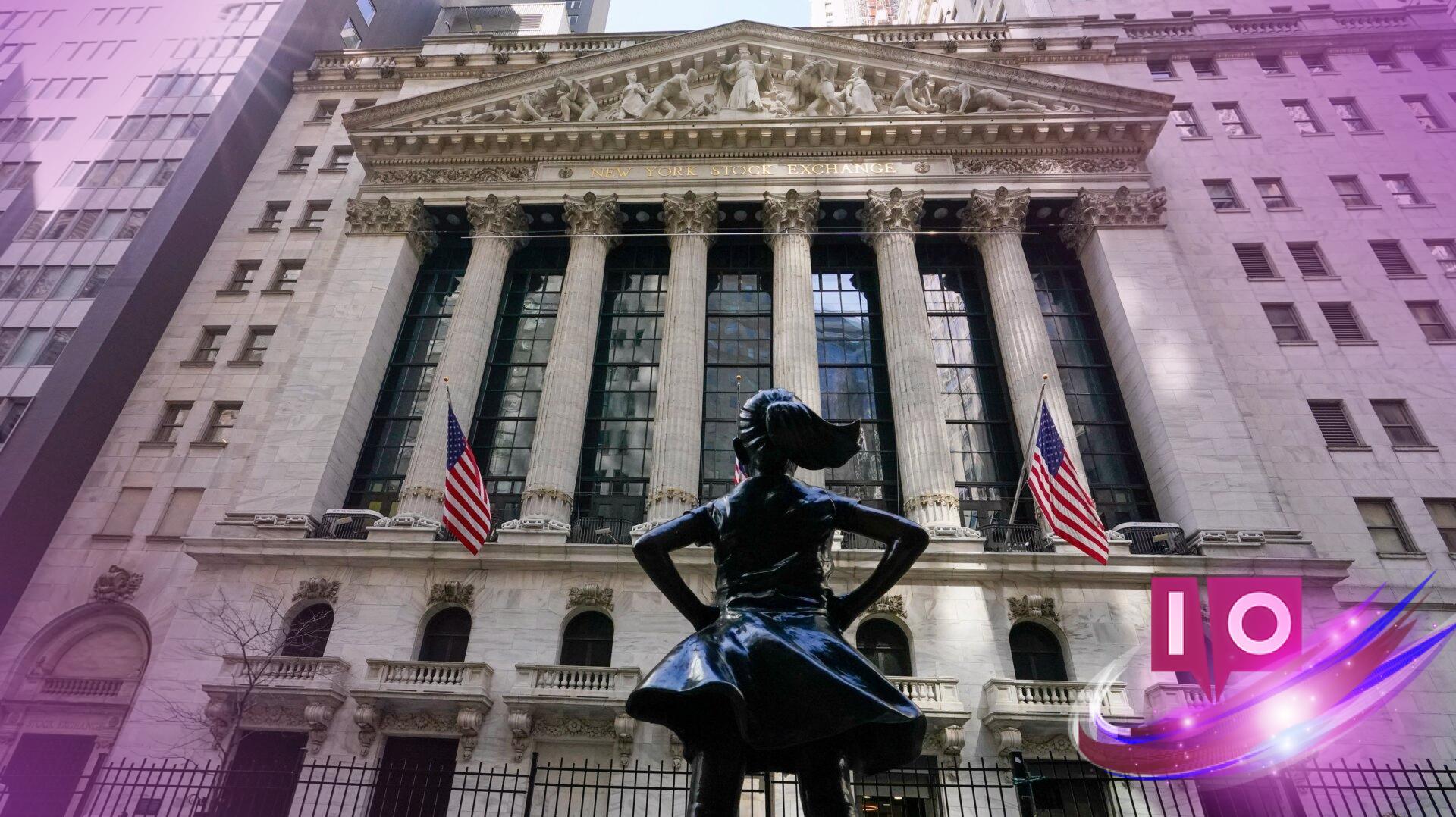Recent events in the tech industry reveal a troubling shift in confidence towards artificial intelligence (AI). In just one week, approximately $1 trillion has vanished from the stock market value of major Silicon Valley players invested heavily in generative AI. Key companies like Oracle, Meta, Palantir, and Nvidia have all seen significant declines, marking it as Wall Street’s most challenging week since Trump’s so-called “liberation day.”
Even smaller tech companies are feeling the heat. Take Sweetgreen, for example, which has positioned itself as an automation leader while serving salads. Despite its ambitions, the company has sold off its robotics division to Wonder and suffered steep stock losses over the past year.
Then there’s Microsoft. Once a titan of the tech space, it now faces its worst sell-off in over a decade. According to Bloomberg, Microsoft’s stock has dropped by 8.6 percent within eight days, wiping out roughly $350 billion in market capitalization. This downturn echoes a negative trend last seen in 2011 when the stock saw nine consecutive days of losses.
This decline stems from an overarching anxiety about AI investments, which are costly to maintain but not yielding immediate returns. Microsoft, for instance, spent nearly $35 billion on AI initiatives in its last quarter alone, yet profits remain elusive. Bloomberg reports that despite positive growth in its Azure cloud division, skepticism is growing in response to the enormous expenditures on AI infrastructure.
But is this tepid performance solely linked to the companies themselves? Other economic indicators suggest a broader downturn. A report from Challenger, Gray & Christmas highlighted job losses in October as the worst since 2003, with the tech sector leading the charge. Amazon, for instance, cut around 14,000 jobs in this context.
Consumer sentiment is also at a historic low. A monthly survey from the University of Michigan reveals that with the federal government shutdown extending for over a month, consumers are increasingly worried about its implications for the economy. This decline in sentiment spans across various demographics, reflecting widespread concern.
So, where does this leave us? Are we really experiencing the “greatest economy” as touted by some? It seems that while some may call it a new “Golden Age,” the reality of fewer jobs, rising costs, and a pervasive sense of uncertainty paints a different picture.
What are the potential pitfalls of investing in AI? Investors need to be aware that while AI holds promise, the costs associated with it are massive, and results are not always guaranteed. Many companies face uphill battles as they strive for sustainable growth in this space.
Is tech’s current decline indicative of an industry-wide crisis? While tech firms, especially those heavily invested in AI, are struggling, the situation also reflects broader economic trends affecting multiple sectors.
What steps are companies taking to navigate this downturn? Many firms are reevaluating their strategies, particularly those heavily invested in AI. They may focus on optimizing expenditures or pivoting their business models to adapt to market realities.
Are consumers feeling the effects of these tech stock declines? Absolutely. With significant job losses and a stagnant economy, consumer confidence is shaken. People are curtailing spending, which in turn impacts tech companies and their stock values.
As we navigate these turbulent waters, it’s crucial to stay informed and proactive. Explore more on these topics and keep abreast of the economic landscape. For further insights and valuable information, visit Moyens I/O.
